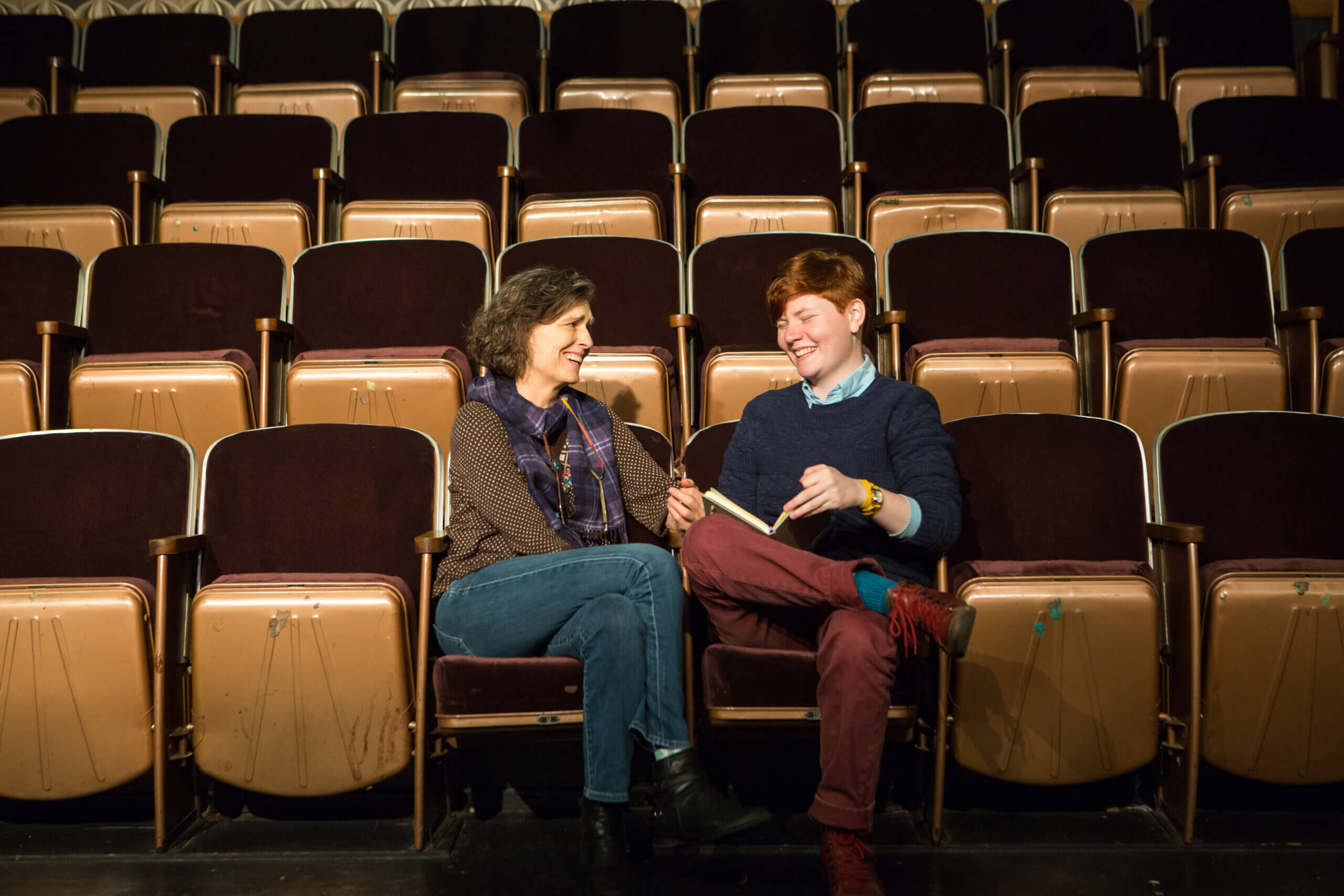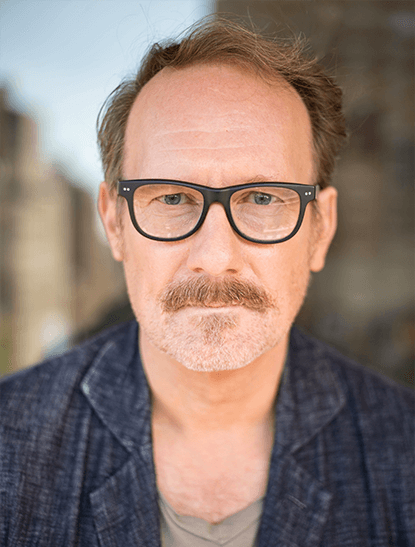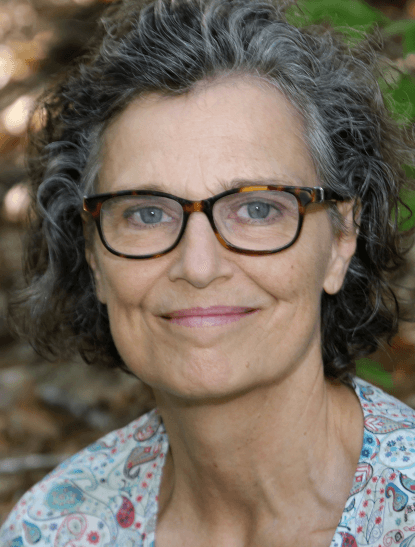Theater is a creative and collaborative art in which true excellence can only be achieved through exploration of craft. Our focus in the Theater Department at Mason Gross is to provide aspiring theater professional with a unique experience including intensive studio classes, innovative academic curricula and ground-breaking fully supported productions.
The Theater Department offers an MFA degree in theater with concentrations in:
Concentration in Playwriting

We’re delighted to invite playwrights to apply to an exciting, rigorous program that challenges, engages and celebrates the playwright. There are multiple opportunities to work with actors, directors and designers, including the annual Playwrights Festival, which has productions of the playwrights’ work.
In the playwriting program, each student is encouraged to develop, stretch, and experiment with their individual voice. This is a place to hone one’s craft, to engage with emerging and established theater artists, and to study the new, the ancient, and the innovative in the unique alchemy of performance.
We love what theater can do and we embrace the opportunity to help support and develop new voices in the theater.
MFA PLAYWRITING LEARNING GOALS
With Learning Goals and Outcomes specifically articulated for each class, the Playwriting MFA Degree teaches the art and craft of playwriting through:
- Technique/Skills
- The study (reading, analyzing and attending productions) of classic and contemporary texts.
- The completion of multiple writing exercises; the writing and revising several full-length plays.
- Developing the vocabulary and approach to critique others’ works-in-progress in useful ways.
- The engagement with various professional theatre makers currently working in the field.
- The participation in the readings and productions of their plays.
- Through courses in TV and screenwriting, the development of other crucial skills, essential to their future profession.
- Collaboration
- The Actor-Playwright Workshop where the playwrights bring in works-in-progress and develop the skills to discuss the work and receive notes on it.
- Readings of works-in-progress, directed by professional directors and acted by professional actors (at EST) and actors in the Theatre Program.
- Productions of original plays, during with the playwrights participate in early conversations with the directors and in the casting and other production elements including the design choices; attendance at the rehearsals of the productions. Revisions of the play based on the rehearsal process.
- Collaborative projects with Music to write scenes in collaboration with composing students to be set to music.
- Theory and History
- The Theater History classes that develop critical analysis skills and abstract thinking in the study of the plays of an era and the context in which they were written and performed.
- Readings of critical theory and the analysis of plays and productions are also a component of all the Playwrights Seminar classes.
- Creativity
- To learn various theatrical forms and approaches and to open to one’s own material, themes and impulses all create the foundation for one’s own creative work.
- Professionalism
- The collaborative projects; the engagements with professional theatre artists; the study of historical and contemporary theatre; the development of one’s own craft and the ability to articulate a work’s meaning, purpose and goals all act to develop theatre artists who are ready to take on the professional world of theatre with good will, exciting ideas and excellent citizenship—as well as vibrant, original work.
At the core of Rutgers’ two-year playwriting program are the weekly Playwright Seminars, an ongoing class for the duration of the degree in which playwrights deepen their art and hone their craft. Each semester, students will work on a play and play fragments toward developing a portfolio of work. Toward a rich experience of plays and playmaking, we read and attend productions at various theaters, mainly in New York City, as well as meet with theater professionals.
Recent visits have been to Playwrights Horizons, Bushwick Starr, BAM, the Public Theater, Broadway, Soho Rep, New York Theatre Workshop, Clubbed Thumb, Signature, Second Stage and MaYi Theatre Company.
Emphasis is on developing each playwright’s unique voice and inclinations. There will be writing assignments, toward exploring new approaches, jump-starting a play, and enriching or unlocking a current play-in-process. Each week the playwrights write a brief response to a play they have read or seen.
In the first year, the playwrights will have a rehearsed reading of a new work, performed at the annual Playwrights Festival. In the second year, playwrights will have a production of their play at the Playwrights Festival, collaborating with student designers, actors, stage management, and a professional director. Each spring the playwrights will have a rehearsed reading in New York City with professional actors and a professional director.
Screenwriting and Television Writing are offered each year, as is the Actor-Playwright Workshop, where playwrights engage with actors in the Theater Program, exploring their works-in-progress and the work of guest playwrights.
Each year we invite exciting early-to-mid career playwrights to come to campus and give workshops to the playwrights and, often, visit the Actor-Playwright class. Playwrights in the past years include:
Spring 2024
David Adjmi
Bryna Turner
Sarah Ruhl
Fall 2023
Ebony Booth
Adrian Einspanier
Talene Monahon
Spring 2023
David Adjmi
Fall 2022
Chisa Hutchinson
Brooke O’Harra
Tina Satter
Fall 2021
Phillip Howse
Bryna Turner
David Adjmi
Fall 2020
Spring 2020
Chisa Hutchinson
Fall 2019
David Adjmi
Fall 2018
Previous years
Dara Malina
Lily Kanter Riopelle
Matt Dickson
Rachel Dart
Abigail Jean-Baptiste





